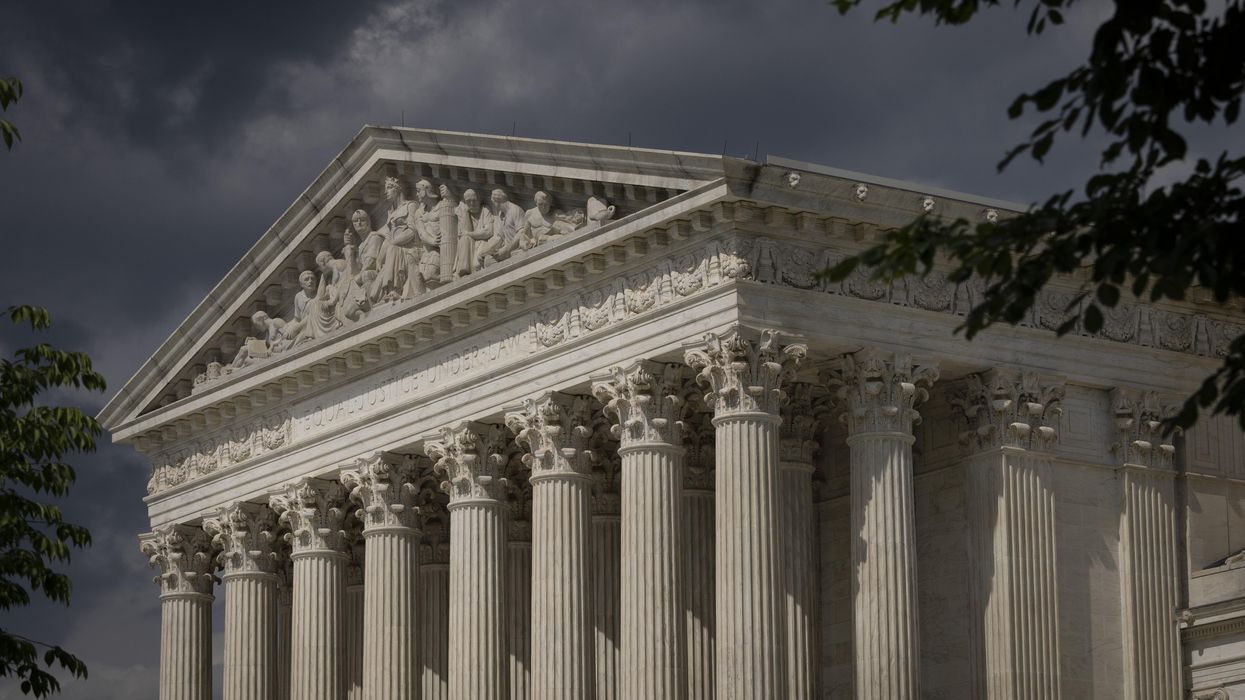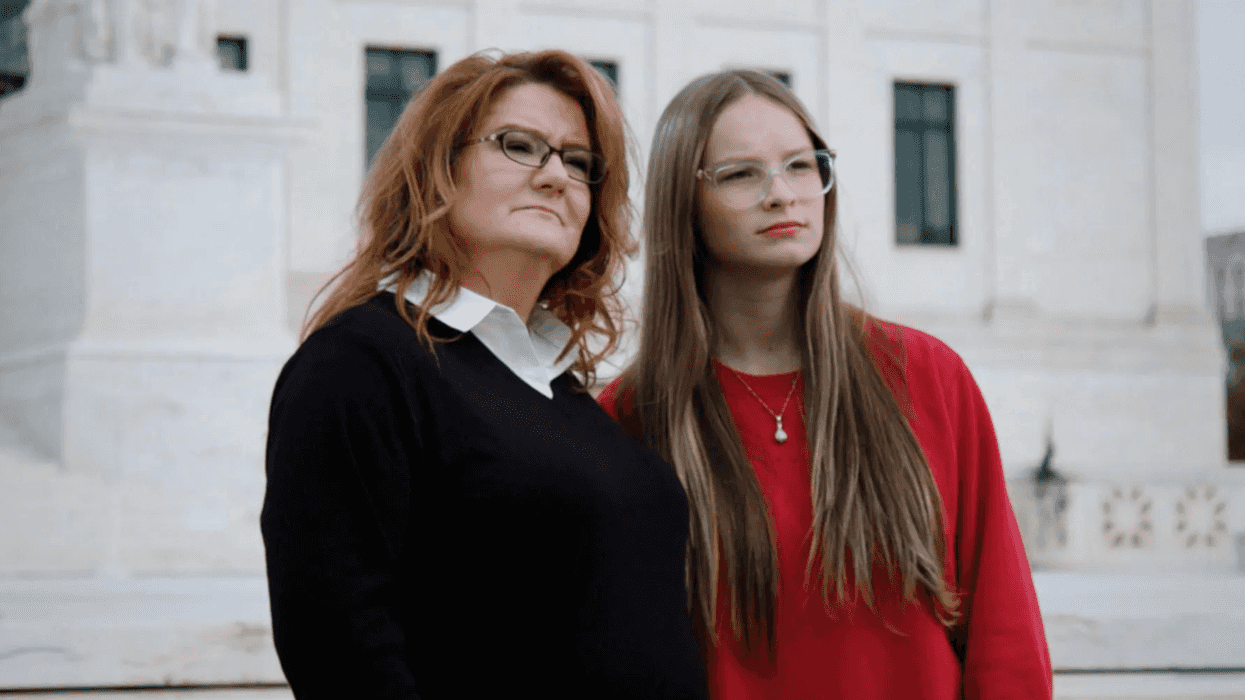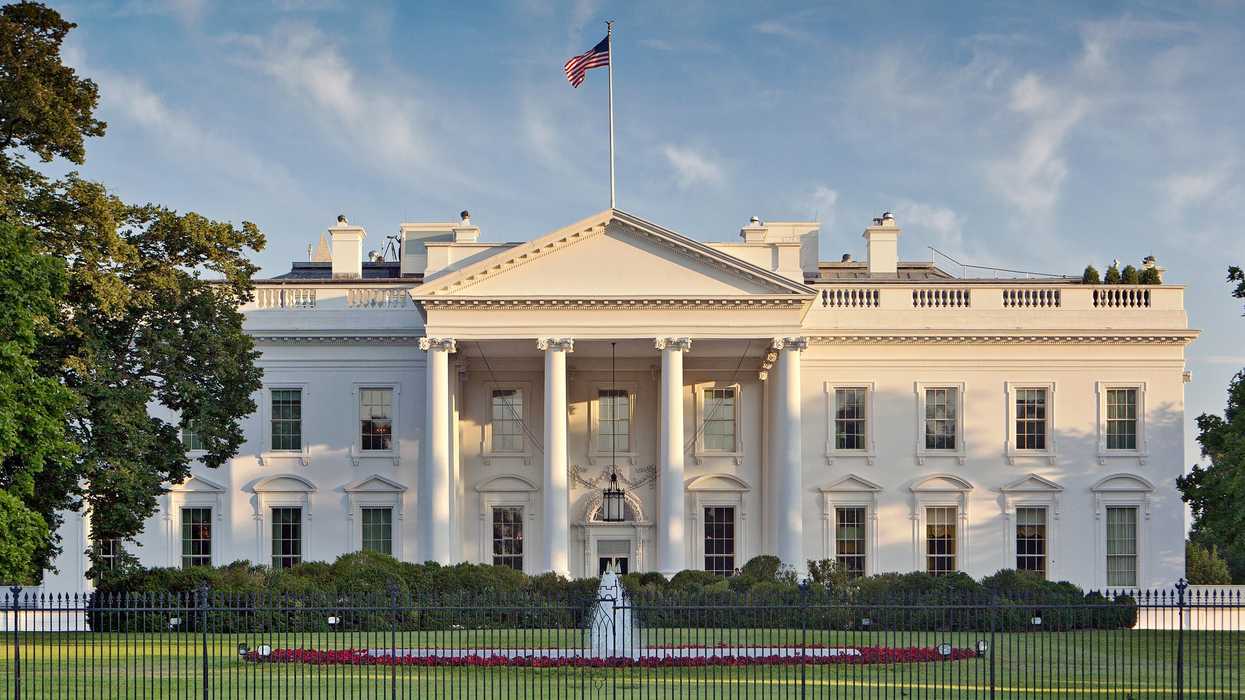Jamison is a retired attorney.
The Supreme Court has jettisoned the time-honored principle that no one is above the law. In its recent ruling in Trump v. United States, the court determined that a president of the United States who solicits and receives from a wealthy indicted financier a bribe of $500 million in return for a pardon cannot be criminally prosecuted for bribery. The pardon power, command of the armed forces, and apparently “overseeing international diplomacy” are, according to the court, “core” powers of the president which can be exercised in violation of the criminal laws without fear of criminal liability.
This is a fire alarm ringing in the night. Here’s why.
Nowhere does the Constitution suggest the president is immune from criminal liability. It is to the contrary, the Constitution provides that the president can be impeached and removed from office for “Treason, Bribery, or other high Crimes and Misdemeanors.” Article I, Section 3 provides in the relevant part that “Judgment in Cases of Impeachment shall not extend further than to removal from Office, and disqualification to hold and enjoy any Office of honor, Trust or Profit under the United States: but the Party convicted shall nevertheless be liable and subject to Indictment, Trial, Judgment and Punishment, according to Law.” (My emphasis.)
In the bribery scenario, the impeached president can be removed from office, but the Supreme Court directly negates the Constitution by declaring he/she is immune from criminal prosecution.
The Constitution also provides that Congress, not the president, has the power to “provide for calling forth the Militia to execute the Laws of the Union, suppress Insurrections and repel Invasions.” Congress has enacted the Insurrection Act under this authorization. That law allows the president to use the military within the nation under certain specified circumstances. Assume a president violates this act by sending armed “militia” into disfavored states to arrest politically disfavored state leaders, their supporters and other disfavored people. Or, suppose he/she also deliberately gives nation-threatening classified information to an enemy.
The Constitution states in the relevant part, “Treason against the United States, shall consist only in levying War against them, or in adhering to their Enemies, giving them Aid and Comfort. … The Congress shall have Power to declare the Punishment of Treason.”
If a sufficient number of members of Congress support removal, Congress may remove the president for treason in levying war against certain states or for aiding an enemy, but the Supreme Court says the president is immune from the crime of treason despite the Constitution’s express statement that Congress determines the punishment for treason. If the president has a sufficient number of supporters in Congress who will block removal, there is no restraint at all on what this president might do.
In that event, under their oath to defend the Constitution, military leaders might step in to protect the Constitution, but the Supreme Court has declared in essence that the president’s criminal conduct is constitutional.
It was always understood that “no man is above the law.” The Supreme Court has trashed this once sacred principle and violated express provisions of the Constitution. The court’s reasoning seems obviously flawed. Criminal laws apply generally, are not aimed at the executive and act on the criminal act, not on constitutional authority. For example, the pardon is not the crime, the bribe is.
In obliterating the time-honored principle that no one is above the law, the court enables a despot. Unless reversed, the decision marks the beginning of the decline of the American republic toward its ultimate fall. History is instructive. Sulla’s violation in 88 BCE of the centuries-honored rule that the army could not enter the city of Rome marked the beginning of the abandonment of the Roman republic’s constitutional safeguards against tyranny, culminating with Julius Caesar’s dictatorship in 47 BCE.
The American people can protect their Constitution from a rogue Supreme Court and a rogue president. They must overwhelmingly vote for responsible House members and Senators in numbers sufficient to override presidential vetoes in both chambers of Congress, override or suitably modify the filibuster in the Senate, and, above all, to remove a dictator-president. Congress would also then be able to repeal or modify the Insurrection Act as might be needed pending or short of this president’s removal.
If a president who respects American law is elected, Congress would be able to add at least four new responsible justices to the Supreme Court, enlarging it from nine to 13. This hopefully would put a new majority of justices in position to overrule the recent decision.
Voters must answer the bell.




















